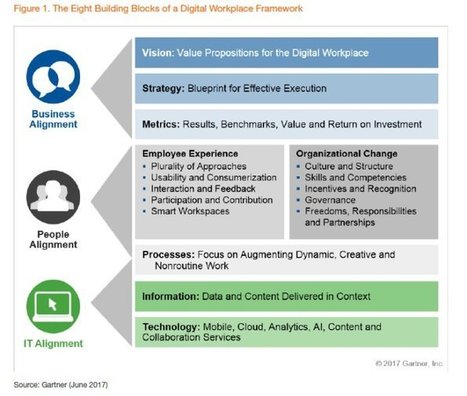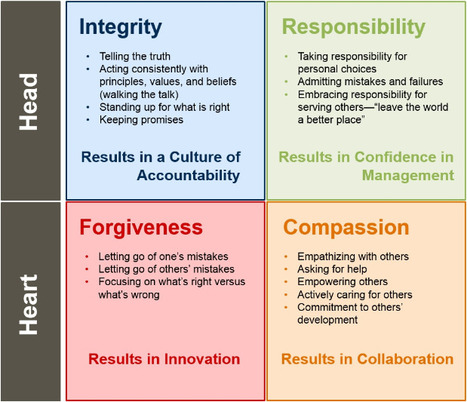How Lifelong Learning and a Growth Mindset Can Propel Your Career
Many people believe once they’ve earned all the degrees needed for their dream job, their learning days are over. This is a dangerous way to manage a career, because technologies and business models emerge and force change so rapidly.
The pace of change is accelerating, and to succeed in any industry, and to be ready to participate in the next evolution of it, professionals must adopt habits and practices that empower lifelong learning.
One challenge to lifelong learning is that many people assume they are not capable of it or not good at it. We tell ourselves, I’m not a math person. I don’t get code. Writing is not my strong suit. Remarks like this may mask a feeling that learning itself is beyond our grasp.
Lifelong learning never happens without a healthy dose of personal grit. A short, but powerful word, grit means persevering in the face of challenges and adversity. Gritty individuals are motivated to overcome those obstacles — whether in their personal or professional lives.
Learn more / En savoir plus / Mehr erfahren:
https://www.scoop.it/t/21st-century-learning-and-teaching/?&tag=Grit
https://www.scoop.it/t/21st-century-learning-and-teaching/?&tag=Growth+Mindset
https://gustmees.wordpress.com/2015/05/13/andragogy-adult-teaching-how-to-teach-ict/
https://gustmees.wordpress.com/2017/08/25/adventures-of-learning-how-does-it-happen/
https://gustmees.wordpress.com/?s=life+long+learning
Via Gilbert C FAURE, Gust MEES



 Your new post is loading...
Your new post is loading...

























Many people believe once they’ve earned all the degrees needed for their dream job, their learning days are over. This is a dangerous way to manage a career, because technologies and business models emerge and force change so rapidly.
The pace of change is accelerating, and to succeed in any industry, and to be ready to participate in the next evolution of it, professionals must adopt habits and practices that empower lifelong learning.
One challenge to lifelong learning is that many people assume they are not capable of it or not good at it. We tell ourselves, I’m not a math person. I don’t get code. Writing is not my strong suit. Remarks like this may mask a feeling that learning itself is beyond our grasp.
Lifelong learning never happens without a healthy dose of personal grit. A short, but powerful word, grit means persevering in the face of challenges and adversity. Gritty individuals are motivated to overcome those obstacles — whether in their personal or professional lives.
Learn more / En savoir plus / Mehr erfahren:
https://www.scoop.it/t/21st-century-learning-and-teaching/?&tag=Grit
https://www.scoop.it/t/21st-century-learning-and-teaching/?&tag=Growth+Mindset
https://gustmees.wordpress.com/2015/05/13/andragogy-adult-teaching-how-to-teach-ict/
https://gustmees.wordpress.com/2017/08/25/adventures-of-learning-how-does-it-happen/
https://gustmees.wordpress.com/?s=life+long+learning
Nice reminder we all have room to growth and keeping that mindset enables us to transform daily and overcome obstacles that get in the way.